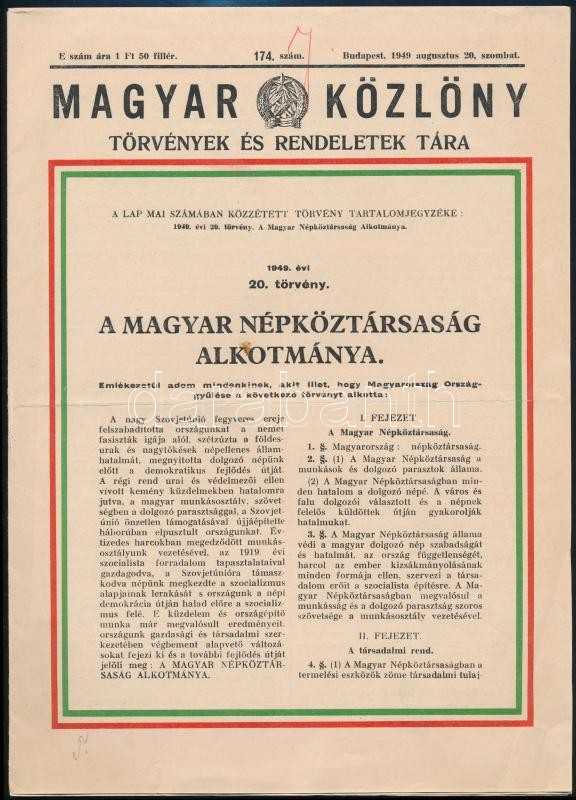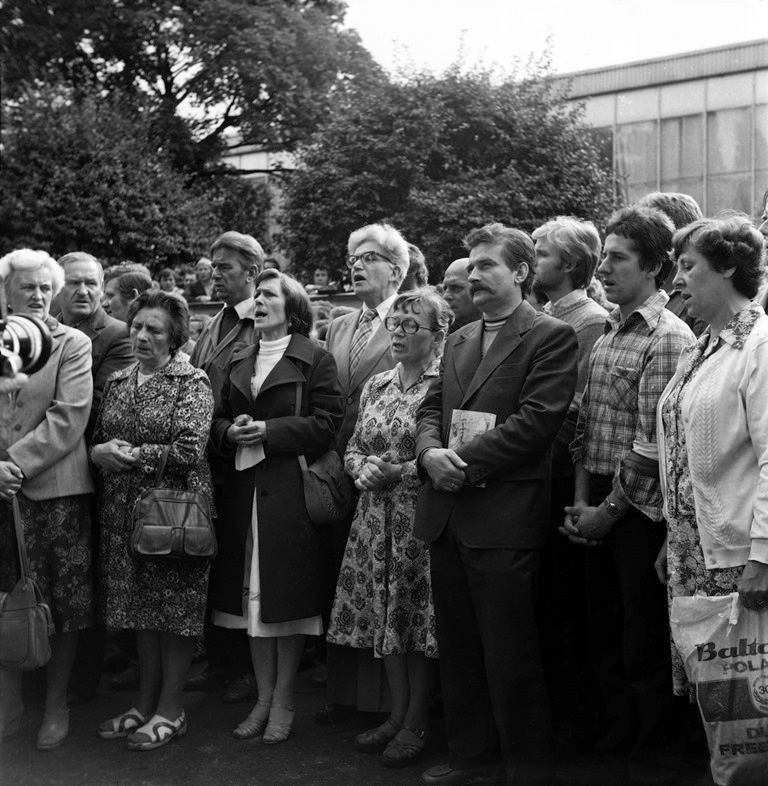Constitution of 1949 – Budapest
Fact of the Hungarian figure „Edict of Torda – 1568”
Part of the „Religious tolerance and intolerance” topic
The Constitution of 1949 in Hungary represents a pivotal moment in the country’s history, signaling the establishment of a socialist state under the influence of the Soviet Union. Officially known as Act XX of 1949, it was adopted by the Hungarian People’s Republic and served as the legal foundation for a single-party, Marxist-Leninist regime that centralized political, economic, and social control. This constitution symbolized Hungary’s shift from a pluralistic society toward an authoritarian system aligned with the broader goals of the Soviet bloc during the Cold War.
Modeled closely on the 1936 Soviet Constitution, Hungary’s 1949 Constitution enshrined the role of the Hungarian Working People’s Party as the leading force in politics, removing any possibility for political pluralism or democratic governance. The constitution emphasized the power of the state over individual rights, with the collective interests of the socialist state prioritized above personal freedoms. Property was nationalized, and private enterprise became severely restricted, with key sectors of the economy coming under state control.
The 1949 Constitution also marked a drastic change in religious freedom and tolerance, which had been a significant issue in Hungarian history since the Edict of Torda in 1568, a landmark of religious tolerance. While the Edict had established a framework for coexistence between different Christian denominations, the 1949 Constitution limited religious freedoms significantly. The Hungarian state, under socialist ideology, became explicitly atheist, and religious institutions were subjected to state supervision and interference. The Catholic Church, in particular, faced persecution, and religious figures who opposed the new regime were often imprisoned or silenced. The constitution reflected the Marxist principle that religion was a tool of oppression, conflicting with the earlier traditions of religious diversity and freedom that had been a hallmark of Hungarian history.
The 1949 Constitution remained in force throughout the socialist period but was amended numerous times to suit the political changes of the time. Its legacy continued to influence Hungary’s legal and political framework until the regime change in 1989, when the democratic Republic of Hungary was established. This shift paved the way for the country’s reintegration into the broader European community, culminating in its eventual membership in the European Union in 2004.





